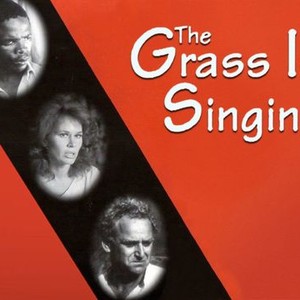
On a metatextual level, I analyse the narration of the novel in detail. It further challenges the dynamics between master and servant, and forces Mary to face subdued elements of both the society in which she lives and her own psyche. The sexually toned relationship he develops with Mary plays upon the colonial fear of miscegenation. On the thematic level, the Gothic is present in the text through the houseboy Moses’ role as a ghost representing the repressed black population sent to haunt the Turners. Only by living a life traditionally assigned to men, as independent, solitary and active, does she transcend her given conditions and experience moments of success and contentment. By using Simone de Beauvoir’s concepts immanent/transcendent from The Second Sex (1949), I claim that the pressure to play her part as a woman dooms the protagonist Mary Turner to an immanent life she is unsuited to lead. This structure is perpetuated intellectually through literature and discourse, and physically through violence and social coercion.


In The Grass is Singing, white colonial society is described as petty, racist and misogynistic, with a strong hierarchical structure. The invocation of these intertexts enhances the novel’s critical potential by revealing the problematic relationship between power, identity and narration.

The novels describe a culture and a society in a position in-between a European and a South African intellectual tradition, while correspondingly problematizing their own cultural in-betweenness by invoking a wide range of European intertexts. This haunting takes place on a thematic and a metatextual level, and the critical strategy of the novels is to dissect society while simultaneously dissecting themselves. I argue that they are anti-pastoral farm novels that employ uncanny narrative elements to oppose the ideology of pastoral literature and stage a haunting of white colonial identity and society. AbstractIn this thesis I analyse two novels from Southern Africa: The Grass is Singing (1950) by Doris Lessing and In the Heart of the Country (1977) by J.


 0 kommentar(er)
0 kommentar(er)
